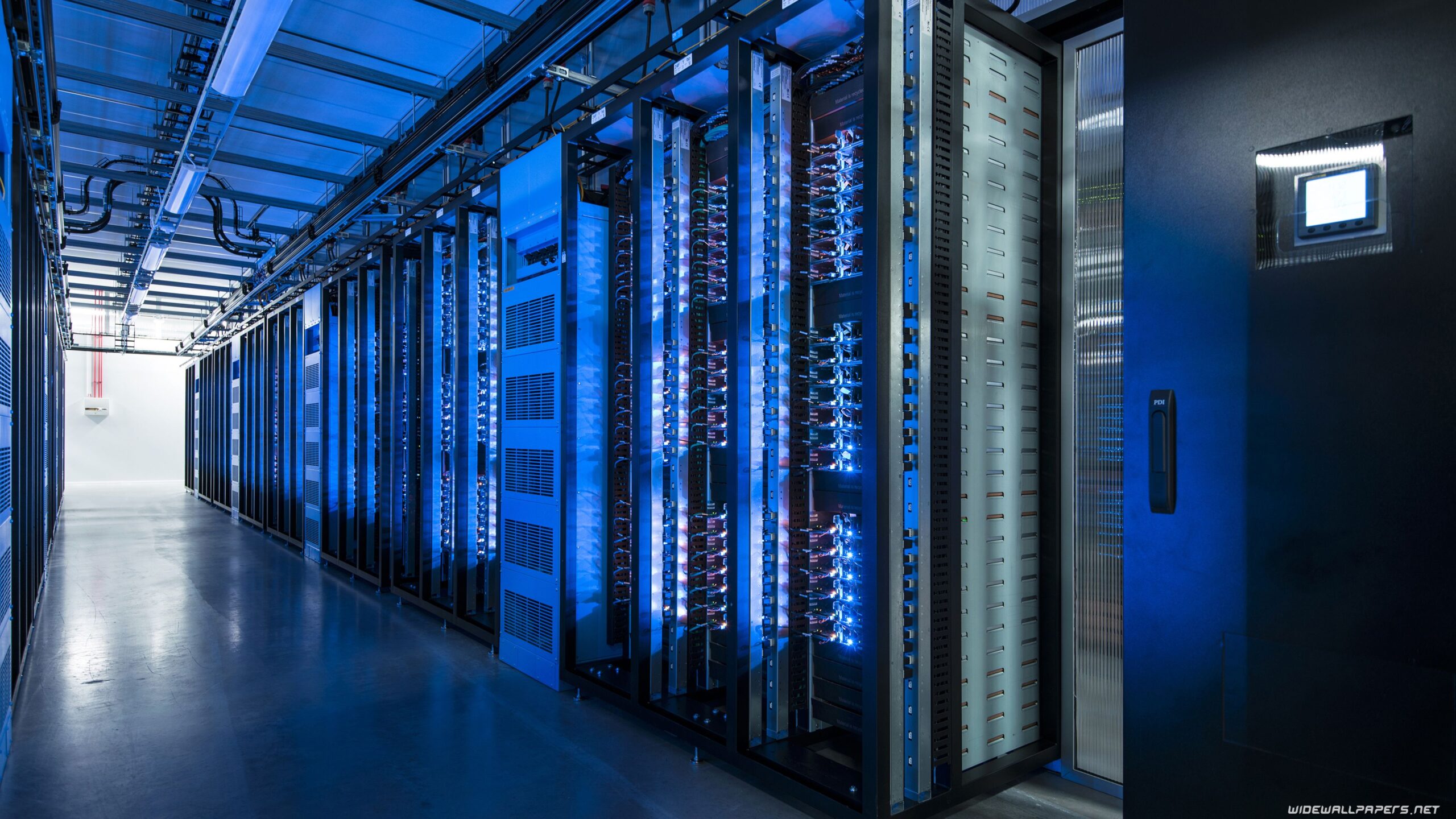The Evolution of Server Hardware
Although the basic function of a server has not changed, the way we interact with and purchase the devices has. For example, the humble server has been around since the 1970s but only recently have we begun to purchase servers with a practical working environment. This trend began as technology improved and people found themselves needing more storage and processing power than they could fit in a single computer. In a time when an entire office could fit in a single PC, companies turned to the cloud in search of better reliability and increased connectivity. The cloud provided them with both factors and with that growth came a new breed of server; the IaaS (Infrastructure as a Service) server.
What Is SaaS (Software as a Service)?
For those unaware, SaaS stands for Software as a Service and it usually works in conjunction with the IaaS server. As the name suggests, SaaS provides software online and in the form of a service. Typically, companies will purchase a SaaS solution along with an IaaS server and the integration between the two is seamless. Using SaaS, companies can deploy software as a service to any device connected to the internet, be it a smartphone, tablet or computer. This simplifies server maintenance as clients can remotely access and install the software they need without needing dedicated support.
Choosing the Right Hardware For Your Business
The right server hardware for your business depends on a number of factors including the size of your organization, the services you need and the purpose behind those needs. One of the most essential factors to consider is the processing capability of the server. To put it simply, the more computing power you can get for your money, the better. When choosing hardware, you must also take RAM (Random Access Memory) and Hard Drive (HDD/Solid State Drive) space into consideration. For those who are unaware, RAM is a component of computer memory that acts as a storehouse for data. It is usually considered as storage in computing. When choosing the right hardware for your business, it is also essential to consider the cost/benefit ratio of the investment. It is always recommended to choose a server with faster processing performance, larger hard drive space and more RAM than you need. These three factors alone can make a significant difference and help your business operate more efficiently. Having more than enough of these three components will allow you to scale up as needed and avoid future complications due to insufficient memory.
Consider Your Data Security & Privacy
Protecting your business’ data is of paramount importance and although the internet has made exchanging information incredibly easy, with that ease comes a host of security threats. One of the biggest concerns businesses face today is hackers and malicious software infiltrating their systems and compromising their data. The right server hardware protects your organization from hackers, viruses, malware and other forms of malicious software. One of the most essential factors to consider when choosing a server is the security of the hardware. Hackers can compromise your data through a number of different methods but the most common one is through malware. This is software that is usually installed on a system without the owner’s knowledge or consent. Once malware is installed on a system, it can monitor the user’s activity, record their keystrokes and capture photos of what is onscreen. It can also be used to access the organization’s data and use it for malicious purposes. By upgrading your hardware with the latest security patches and monitoring your system for suspicious activity, you can minimize the risk of your data being compromised.
The Rise of The SMB Server
Although the SMB (Small and Medium Business) server is not a new concept, its popularity in recent years has grown significantly. For those who are unaware, SMBs are small to medium businesses that operate within the domestic market and in some cases, the export market as well. As demand for small and personal servers grew, so did the manufacturers who provided them. Today, it is not uncommon to see an SMB server that is tailored specifically towards these types of organizations. What differentiates these servers is their function and the type of data they are designed to process. Typically, SMB servers are manufactured with a cost-effective and easy to manage architecture that allows for quick and easy expansion.
An SMB server is generally considered to be all things to all people. It could be used as a home server, a job server or even a strategy server. It depends on the needs of the organization and the role the server is expected to play within the enterprise.
Choosing the right hardware for your business is a complex process and depending on your line of work, you may need to consider a number of factors. However, with the right training and support, you can ensure your organization utilizes the power of a server to improve efficiency, productivity and scale as needed.
